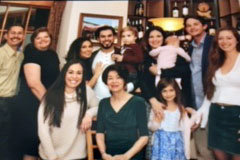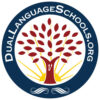An Insider’s Look; Kathleen Leos & The Beginnings of the Dual Language Movement
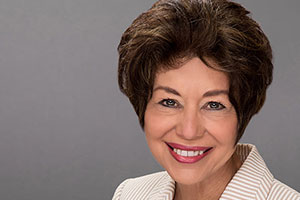

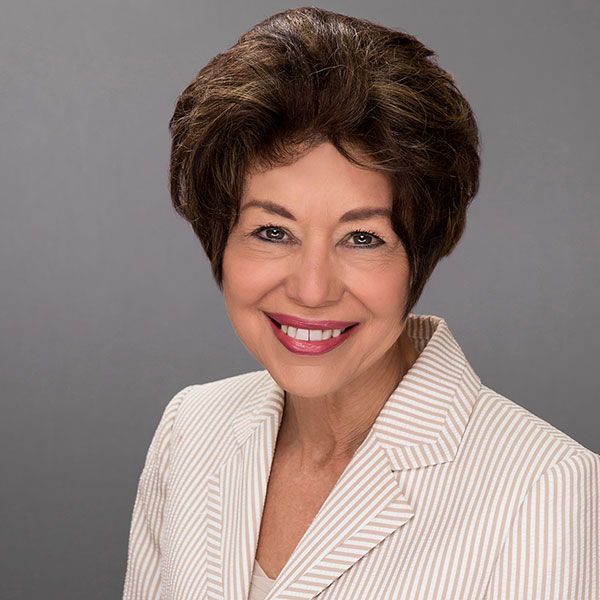

Many who have studied the dual language field for a long time are well aware of the immense accomplishments Kathleen Leos has contributed to dual language education. However, many are not aware of the many hardships Ms. Leos had to face to get to where she currently is. Ms. Leos grew up with a strong passion for language- and has implemented that into her life’s work. Kathleen Leos had been interested in learning multiple languages since about 7 years old. After spending 16 years learning Latin, she acquired Spanish in 6 months (self- taught).
One of the things, I found fascinating was watching myself learn and watching my brain acquire multiple languages which gave me the ability to deepen cognition, comprehension and think expansively. It has been a fascinating and wonderful journey.
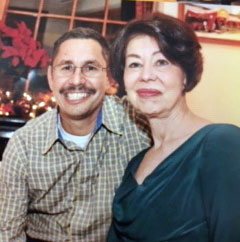

In 1989, her eldest son whose first language is English and 2nd language is Spanish (while the rest of her four children’s first language is Spanish and 2nd language is English), sustained a traumatic brain injury at the age of 12 years old. He was involved in a bike/car accident; thrown from his bike; landed on the front/top of his head- severed frontal neurons and lost all functionality: language, eating, dressing, speaking, reading, writing, self-care etc. He was in a coma for a month and post- amnesic state for 6 months -1 year. Currently, he is considered 95% fully functional, fully employed and very successful.
His miraculous recovery was due to his therapy team’s ability to recognize that his journey to full speech recovery was through his 2nd language- Spanish. Stunned! I recognized that there were different areas of his brain at work which led to his full recovery.
Kathleen watched his process and remembered her own journey of multiple language acquisition. She wanted to know more and understood instinctively that something different was taking place in brain development that no one at the time understood. She visited Dr. Jack Fletcher at the University of Houston, who was studying language loss and redevelopment with adult stroke patients using brain imaging techniques. Utilizing his work, her son’s journey, her 4 other children who were native Spanish speakers (acquiring English as their 2nd language, as only Spanish was spoken at home as her second husband was a Mexican National who did not speak English, therefore, the 4 children were raised learning Spanish first before English), led her to a personal, political and professional life of exploration; researching multiple language development from a cognitive perspective.
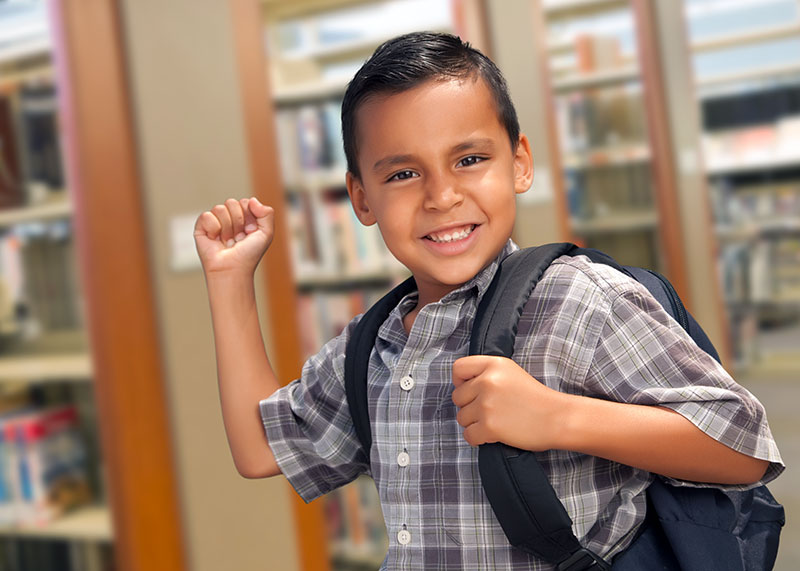

I was fortunate to not only learn about multiple language development from a personal perspective, but the new information led me on a unique path professionally.
Initially, beginning in 1991, Ms. Leos established and operated Basic English Inc., a non-profit company in the inner city of Dallas, Texas. The goal was to teach adults from other countries, English and Academic content (similar to what their children were learning in the local public schools) using scientific research techniques and strategies they developed based on information from the then ‘reading research’ for English speakers and readers. Additionally, any information available from neuroscientists regarding language development, like Dr. Jack Fletcher, who were beginning to understand cognition and thinking through language processing and development.
Basic English and community involvement led her to serve as a Dallas School Board Trustee representing the inner-city for seven years as the EL and bilingual advocate promoting the benefits of multiple language learning. She was DISD’s legislative liaison to the Texas State legislature for six years and co-authored the Texas HB 103 which was the first EL no-exemption bill for all bilingual and English learners in the history of public education in the state of Texas.


During this time, she worked with and collaborated with then Governor George W Bush, whose main focus was K-12 education, reading and academic success for all students including language learners. His team visited Basic English and marveled at the results the Adult students exhibited as well as their children attending the companion neighborhood schools. Once Bush was elected President, Leos was asked to serve as a political appointee at the US Dept of Education, Washington, DC as Assistant Deputy Secretary and Senior Policy Advisor of OELA and Title III to Secretary Paige and Secretary Spellings. Her charge was to design, develop and implement the new 2002 ESEA NCLB Title III legislation as written and approved by Congress, 2001.
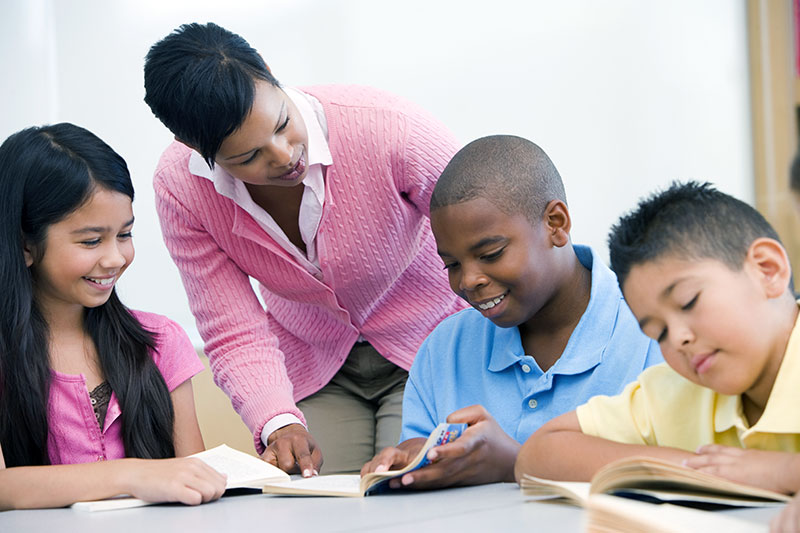

Title III had not existed in the history of US K-12 public, private and charter school education, prior to the passage of ESEA 2001. Academic and Linguistic accountability for multiple language learners, students whose primary language was not English, were an anomaly and not well received (by educators, teachers, administrators, advocates).
However, Kathleen and her team forged ahead. Within six years, OELA guided 50 states, DC, PR and the Outlying areas into establishing aligned statewide systems of accountability for English/ Dual Language Learners in PreK-12. Not only would EL/DLLs academic achievement be monitored, but also their linguistic success.
I was in a unique position to also help develop and monitor a national research agenda for ELs and DLLs focused on language/s development, reading and achievement. OELA not only provided funds to behavior researchers to develop proven evidence-based research strategies, but also, I was able to encourage the department to award grants to education neuroscientists in bilingual, dual/multiple language development and its impact on cognition and achievement.
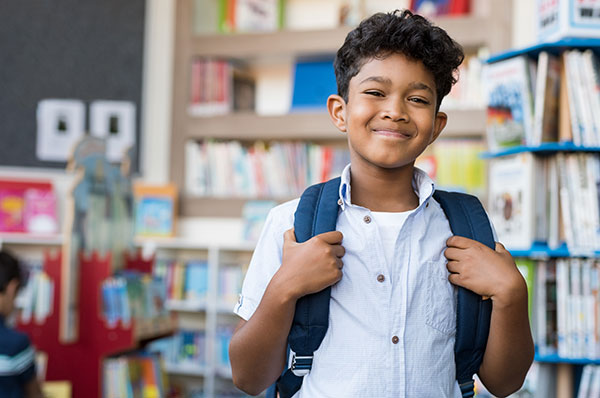

This allowed Kathleen to really see her life’s work come to light. During her tenure, OELA, OSERS and NICHD hosted 3 mini-Summits featuring education neuroscientists in language development and reading from around the world to discuss education neuroscience findings, and how they could benefit instruction for multiple language learners. Her work at the US Dept of ED continued for 6 ½ years until 2008 when she decided to open the Global Institute and continue the work initiated at the Department of Education during her tenure.
In 2008, Kathleen established the Global Institute with the former Bureau Chief at the Florida Department of Education to further the work they began at the national and state levels for English and Multiple/Dual Language Learners. Legislatively, Congress does not allow the Department of Education to reach beyond the state departments of education to provide technical assistance or deep professional development to districts or teachers in the classroom. She knew that for the trajectory of instruction of EL/DLLs to change, teachers needed empirical information and new instructional strategies. She and her colleagues decided to deliver proven evidence-based research systems & strategies to teachers in any academic environment, nationwide. This endeavor lasted 10 years.
Since 2005 education neuroscientists and researchers have published a plethora of information about the benefits of multiple language learning for all students. This new information impacts teaching and learning in any and all academic environments. Professionals, advocates and parents need to understand the information and how to use it effectively to accelerate 21st c learning for EL/DLLs and all learners.
Most recently, Kathleen helped to facilitate a discussion at the Dual Language Symposium with the New York Department of Education regarding developing a program design for Multiple Language Development for diverse language learners and all students. Her goal was to define 2 language principles that form the foundation of a Multi-Language Program Design. In addition to this, to begin the process of identifying and defining important aspects or elements of the program design that can be used as the basis on which to build.
Kathleen has given a multitude of contributions to dual language education. Without her, our community, our mission, would not be possible. We thank Kathleen for her passion and drive to making the world a more bilingual place! #DualLanguageRocks
